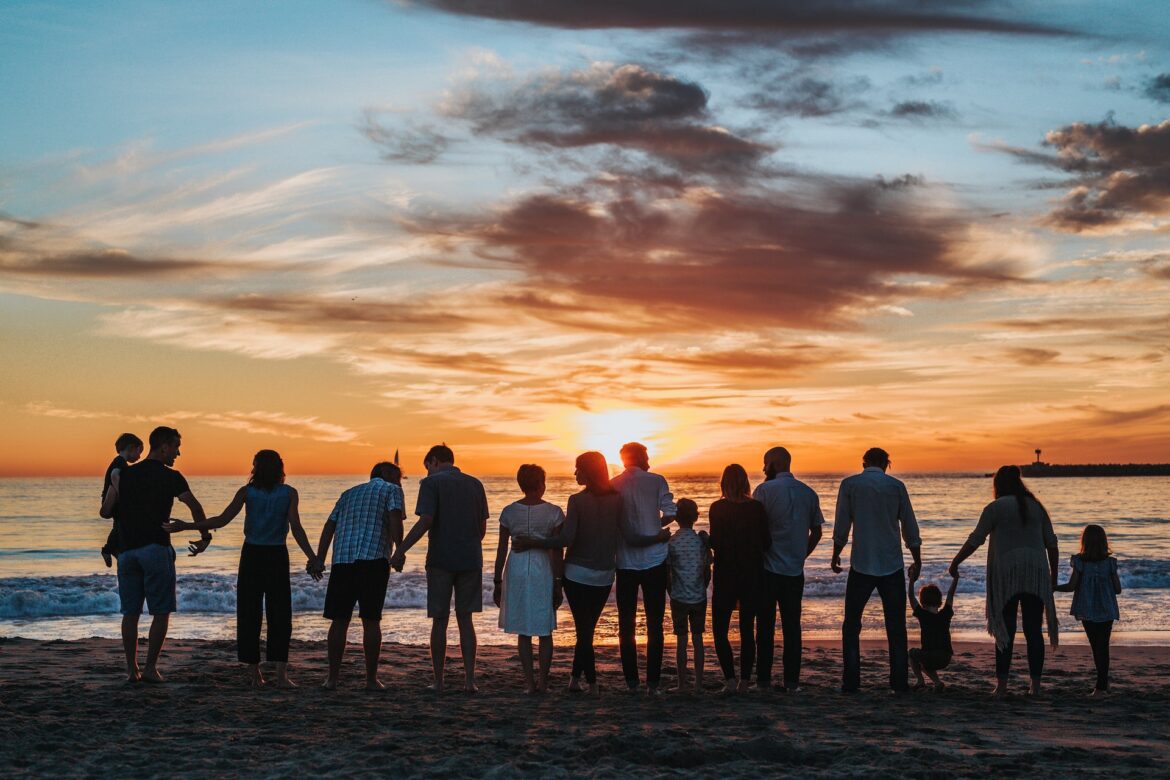“Coping with the absence of family in childhood may leave lasting scars, but it also grants the strength to write your own story, create your chosen family, and find healing in the most unexpected places.”
Childhood is often viewed as a time of innocence, warmth, and nurturing within the loving embrace of family. But what happens when that foundational support is missing? Growing up without family can leave deep emotional scars that persist into adulthood. This comprehensive blog explores the trauma associated with not living with a family during childhood, the profound effects it can have on one’s life, and offers in-depth insights into healing, acceptance, and building a sense of family later in life.
The Trauma of Growing Up Without Family
Understanding the Emotional Impact
This section delves into the emotional trauma that can result from not living with a family during childhood:
- The Absence of a Support System: The significance of family as a source of emotional and psychological support.
- Loneliness and Isolation: The emotional toll of growing up without familial connections, leading to feelings of loneliness and isolation.
- Identity and Belonging: The challenge of forming a strong sense of identity and belonging without the support of family. This includes a discussion on the struggles associated with establishing roots and a sense of cultural or familial identity.
Effects on Adult Life
Carrying Childhood Trauma into Adulthood
In this section, we examine how the trauma of growing up without family can affect one’s adult life in greater detail:
- Relationship Challenges: How the absence of a supportive family structure can lead to difficulties in forming and maintaining relationships. This includes insights into attachment styles and the impact on romantic partnerships, friendships, and workplace relationships.
- Emotional and Psychological Struggles: The significant impact on mental health, including anxiety, depression, and low self-esteem. This section delves deeper into the psychological aspects, discussing the potential for post-traumatic stress and other mental health disorders.
- Career and Achievement: The effects on professional life and personal growth, including issues related to self-motivation, self-worth, and ambition.
Healing from Childhood Trauma
The Path to Recovery
This part offers more comprehensive guidance on healing from the trauma associated with not living with family during childhood:
- Seeking Professional Help: An in-depth exploration of the importance of therapy and counseling for addressing and processing childhood trauma. This includes an overview of different therapeutic modalities and the role of a qualified mental health professional.
- Self-Care and Self-Compassion: Detailed practices for nurturing self-esteem, self-worth, and emotional healing. This section includes specific self-care routines, self-compassion exercises, and mindfulness techniques.
- Connecting with Supportive Communities: Strategies for building connections with friends, mentors, or chosen family members. This entails a discussion on the significance of supportive communities, including social groups, support networks, and online forums.
Embracing Family Later in Life
Creating a Sense of Family
This section provides more in-depth insights into building a sense of family later in life:
- Building Supportive Relationships: How to cultivate deep, meaningful connections with friends and chosen family. This includes a more extensive exploration of chosen family and the process of finding and nurturing supportive relationships.
- Exploring Roots and Heritage: Understanding the importance of ancestry and heritage in forming a sense of family. This section includes a discussion on genealogy, heritage exploration, and the role of cultural and familial roots.
- Creating Family Traditions: The role of rituals and traditions in establishing a sense of family. This involves detailed examples of family traditions, such as holiday celebrations, shared customs, and commemorations.
Acceptance and Moving Forward
Embracing Your Journey
In this part, we discuss the process of acceptance and moving forward in greater detail:
- Accepting Your Past: Acknowledging your childhood experiences and their impact on your life. This includes an exploration of the stages of grief and acceptance, as well as forgiveness.
- Forgiveness and Compassion: Learning to forgive and have compassion for yourself and others. This section delves deeper into the forgiveness process, including self-forgiveness and forgiveness of absent family members.
- Empowerment and Resilience: How resilience can emerge from adversity and foster personal growth. This includes discussions on post-traumatic growth, resilience-building techniques, and personal empowerment.
Growing up without family can be a profound and lasting source of trauma, but it doesn’t have to define your entire life. By understanding the emotional impact, seeking healing, and embracing the path to acceptance, you can heal from your childhood wounds and create a fulfilling life. You have the power to build your own sense of family, cultivate meaningful connections, and live a life that is defined by love, support, and resilience.

